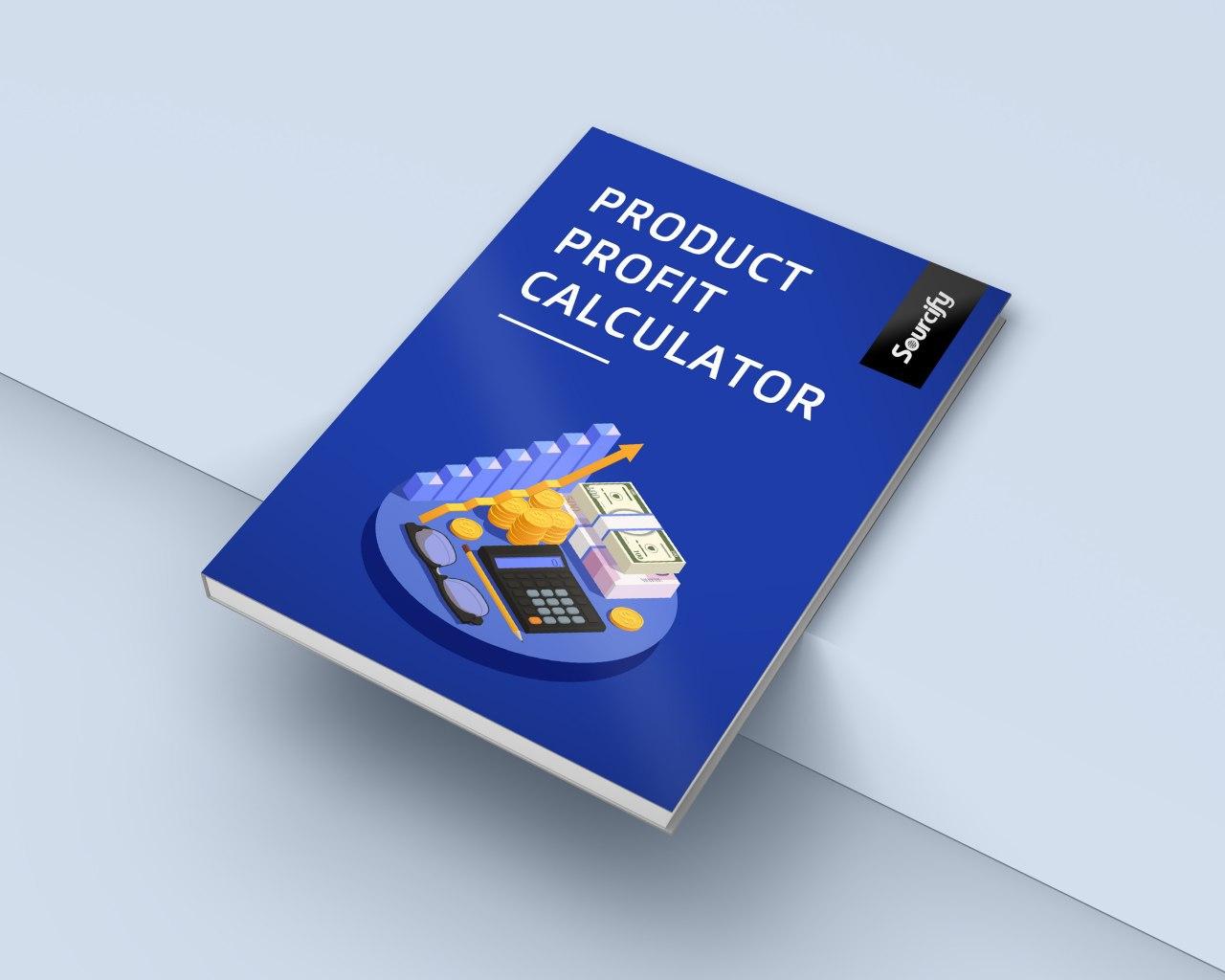In today’s world of entrepreneurship, the trend towards ecommerce has been incredible. More and more people have been selling products directly to consumers, cutting out the middleman. This increases the margin for the seller and hopefully decreases the price for the buyer.
For those unaware of the ecommerce industry, it’s basically been fueled by companies like Shopify and Sourcify that enable entrepreneurs to easily setup their online stores and source products directly from factories. This direct dynamic has been the fuel behind several fast growing eight and nine figure brands like Gym Shark and Original Grain.
These two brands centered their model around providing a direct to consumer approach. For Original Grain as an example, their company launched through a Kickstarter campaign as they grew into a Shopify store that now partners with sports teams like the Gold State Warriors, where they’ve crafted a watch inspired by the basketball championship the team won last year.
If you’ve thought of starting your own ecommerce store, you need to know the following three keys of success:
Know Your Margins
When you dissect the numbers behind a ecommerce store, you’ll be pretty surprised. Most of these companies that are producing their own branded products are running gross margins of 80% and up. As a consumer, that sounds like a lot. Being on the founder’s side of the table, you soon realize that margin is quickly eaten up by taxes, shipping expenses, fulfillment costs, and more.
Before you start a ecommerce store, you need to know the numbers behind it. How much does this product cost to make and how much is it going to cost to ship to my customer are two key questions you should be asking. When you know your gross product margin, you’ll be able to calculate your cost per acquisition. Having a large margin to start with is crucial for a ecommerce store because the cost to acquire a customer will need to be optimized over time.
Create a Brand
In the ecommerce world, you should be thinking long term. Though there are several dropshipping entrepreneurs that have rapid success, they know their in the churn and burn business. For those of you that don’t know, dropshipping is a method in ecommerce where you don’t hold inventory and have the supplier whose product you’re selling ship to your customer. It’s a fine way to get started in ecommerce, but your margins will often be much lower and the business as a whole isn’t as sustainable.
That is why it’s important to develop a brand as an ecommerce entrepreneur. A brand will enable you to charge a premium for your product while creating a unique customer experience. When certain product categories become crowded, your brand will set you apart from the rest.
To develop a strong brand, think about what niche you can connect to a product. As an example, if you’re into cars and jewelry, you could create a brand focused on selling unique jewelry to car lovers. What you don’t want to do with a brand is start with a broad focus. Hone in on a demographic that may find your product interesting and then create advertisements that intertwine those people and your product.
Invest in Customer Relationships
The most crucial step for any ecommerce entrepreneur is to invest in customer relationships by creating a unique experience. When someone buys from your online store, you need to craft a great checkout experience and after-sale transition that will want your new customer to spread the word about your ecommerce store.
As an example, the fast growing online shoe brand All Birds, has a thank you email with the subject line, “Your Feet Say Thank You”. When you’re creating your customer experience, think about your brand and what your customers will get a kick out of. If you connect with them, you’ll most likely be able to increase a customer’s lifetime value through a reorder.
With the right tools readily available for ecommerce entrepreneurs nowadays, it’s not hard to start an online store. The challenging part comes from being able to scale. When anyone can start selling online, competition can be fierce and you need to know your margins, develop a brand, and invest in customer relationships to be a success. Now that you know these three keys, it’s time for you to start selling online!




